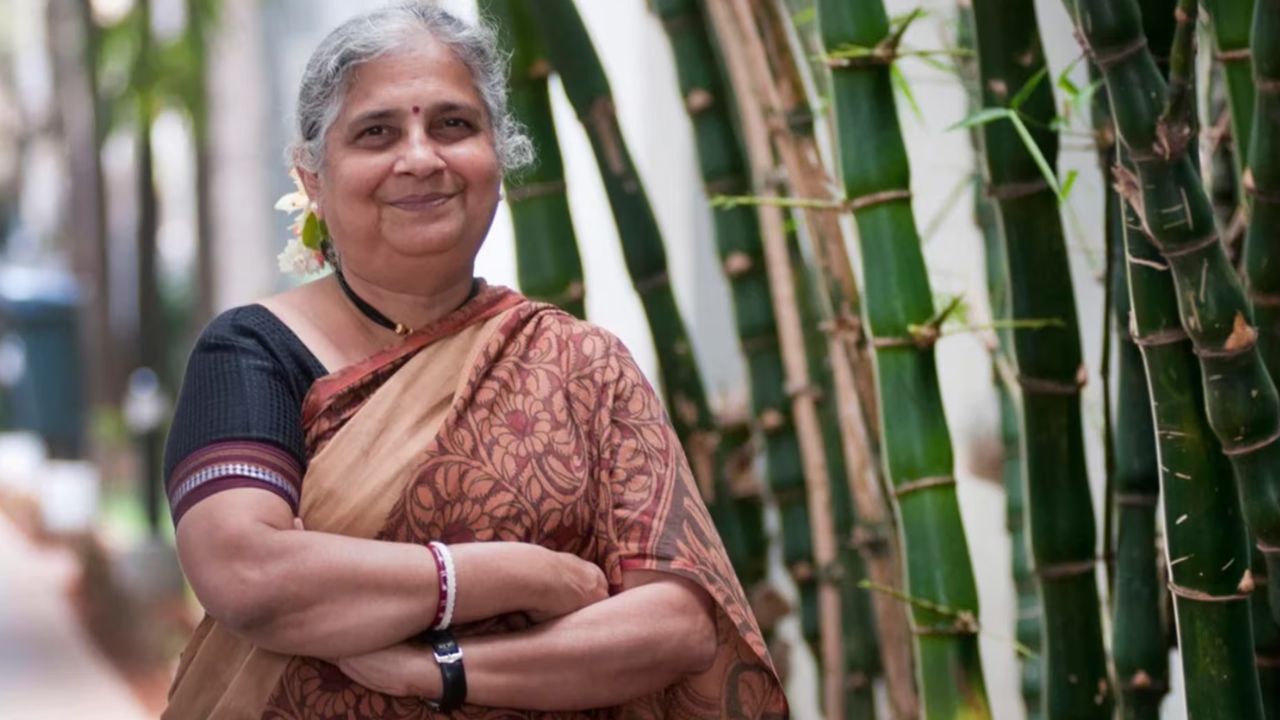Sudha Murty, an Indian author, philanthropist, and social worker, previously chaired the Infosys Foundation, a non-profit organisation established by Infosys co-founder N. R. Narayana Murthy. She is widely known for her extensive charitable efforts and literary works in both Kannada and English, which often tackle important social issues and promote fundamental values. Over her career, she has received several awards for her outstanding writing and philanthropy. In 2006, she received the prestigious Padma Shri from the Indian government, followed by the Padma Bhushan in 2023, recognizing her significant contributions to society.
Sudha Murty was nominated by President Droupadi Murmu to join the Rajya Sabha on Friday, making her the 12th nominated member in the Upper House of Parliament at the age of 73. Prime Minister Narendra Modi congratulated her on X (formerly known as Twitter), highlighting her presence in the Rajya Sabha as a strong example of ‘Nari Shakti’ (women’s power) and emphasising the important role of women in shaping the nation’s future. This important announcement happened on International Women’s Day, adding to the significance of Sudha Murty’s nomination. ,
One of Sudha Murthy’s remarkable accomplishments is her groundbreaking career at TATA Engineering and Locomotive Company (TELCO), where she made history as the company’s first female engineer. Initially employed as a Development Engineer in Pune, she later expanded her contributions to Mumbai and Jamshedpur. Her pioneering role shattered gender barriers, paving the way for more women to pursue careers in engineering.
Her recruitment at TELCO is an intriguing tale. While Sudha Murty was studying at the Indian Institute of Science, Bangalore in 1974, she was awarded a scholarship to pursue a PhD in America. However, during her final year of M.Tech, she came across a job opportunity at Tata Telco, which is now known as Tata Motors.
The job advertisement sought young, hardworking engineers with impressive academic achievements. However, a line at the bottom of the pamphlet caught Sudha’s attention and left her feeling disheartened. It bluntly stated that ‘women candidates need not apply’. Despite her desire to go to America, she decided to apply for the position, even though women were not allowed to do so.
Sudha Murty, consistently ranking first in her class across all subjects, couldn’t ignore the gender discrimination in the advertisement posted on her hostel’s notice board. Upon reading the discriminatory ad, she returned to her hostel, grabbed a postcard, and made the decision to write to JRD Tata, whom she recognized as the head of the Tata Group and potentially associated with Telco. She addressed the postcard to JRD Tata and penned a strong protest expressing her disapproval. In her letter, she stressed that denying opportunities to women would impede the country’s progress by depriving it of women’s valuable contributions.
After sending the letter, Sudha Murty swiftly forgot about it. However, within less than 10 days, she received a telegram asking her to appear for an interview at Telco’s Pune facility, with the company covering the expenses. Following the instructions, she went to Telco’s Pimpri office for the interview and secured the job.
Her letter had a significant impact, prompting Tata to remove the discriminatory policy.
In 1982, as Murty was departing Telco to begin Infosys with her husband Narayan Murthy, she took a moment to bid farewell to JRD Tata. He advised her about the significance of giving back to society when one succeeds, highlighting that society offers us numerous opportunities and blessings that we should repay. Murthy continues to hold this advice in high regard to this day.
Read More: Sudha Murty: All you need to know about the philanthropist, author, symbol of “Nari Shakti”
